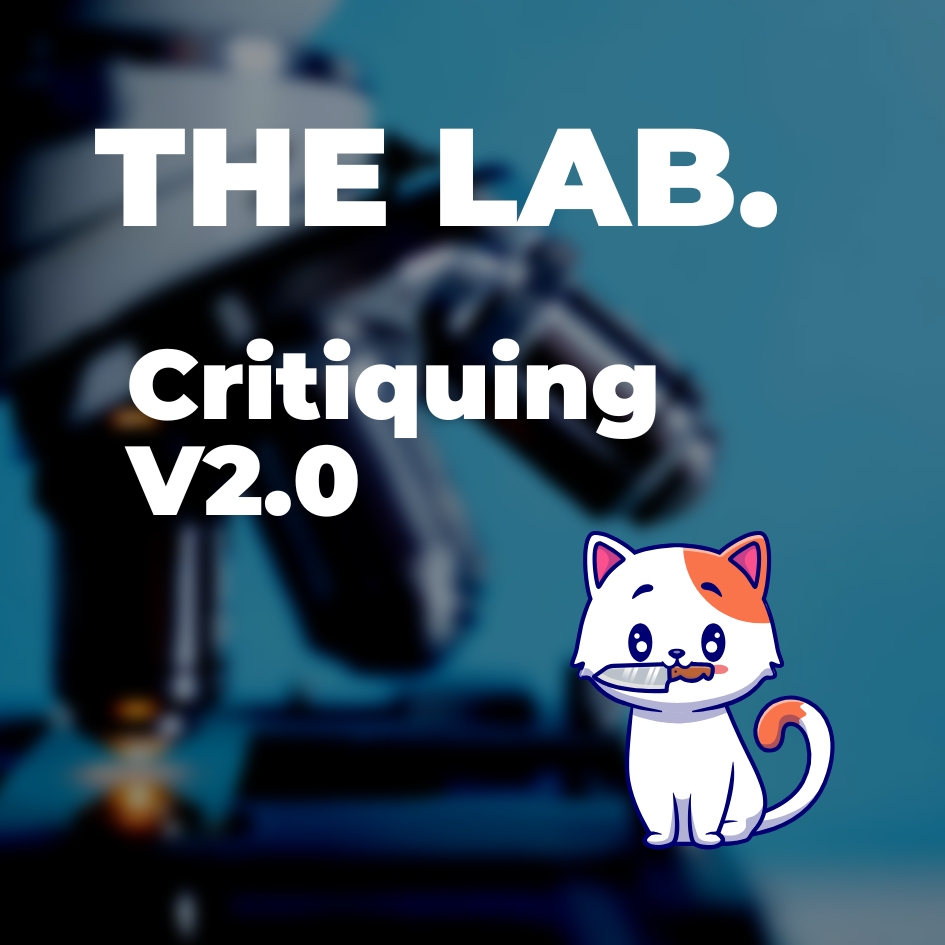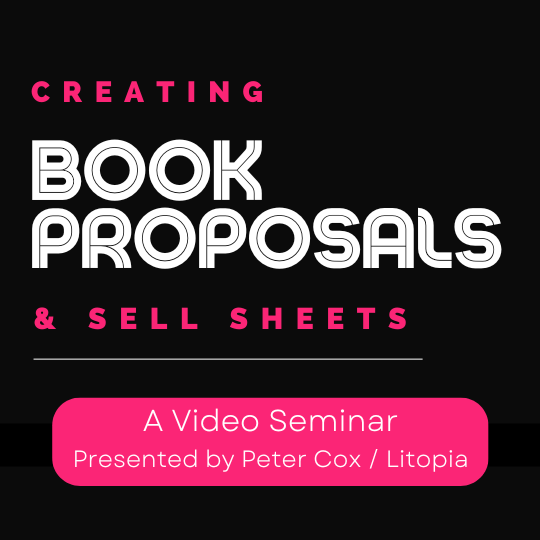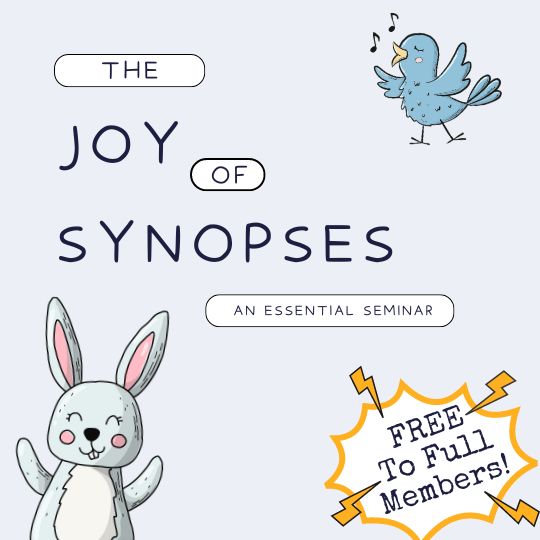I picked up on this line whilst reading a blog by Sufiya Ahmed on her experience as an author entering the traditional publishing route without going through the traditional agent route.
Her article : Discovering New Talent through WriteNow
I attended her talk on the day when Penguin invited 50 writers to their London Insight Day. It was there that I heard Sufiya speak about her journey.
One of the major things I picked up on was the enormous changes her manuscript underwent once SHE was poached by Penguin publisher AFTER she was runner up for a writing competition. Interesting that during a separate radio interview she let it out that she doesn't think she is a great writer and it surprised the radio host when she said this considering she has been published by one of the leading publishers. Especially as writers don't usually see themselves as flawed perhaps
And yet here she was explaining how she met a top editor discuss ideas for a book all because she entered a competition and didn't win! Not the book itself - just the idea of what it was about over a dinner. She basically had the privilege of bouncing ideas with an editor to find the one idea that the editor liked and said 'yeah, let's see what you've got'. It still took her a year to complete the book but to have direct input from an editor through the 12 months is immensely valuable. Need I say that!!
It got me thinking how equally important that BOTH the idea and the writing are together. Many good writers complain about the shabby writing published but that shabby book had an editor who thought it was a good idea whether one agrees or not and the writing was probably adequate for the market. Whether that irks some is not a factor that comes into play. There are so many good writers that are still unpublished and it could just be because only the writing has been focused heavily upon not the actual idea itself. Maybe.
I remember when I failed to get even runner up for one of my games I self-published. But they liked the concept so much I had a free 30 minutes with the Director of Viacom/Nickleodean EMEA that led to a free channel on a children's app. I guess I'm trying to drum the idea that entering competitions is not always a waste of time. In fact it might be better invested in than the amount of hours we invest submitting to agents who may not be interested or be in the right mood or even as mentioned here be doing the laundry and doing a 'rejection catch-up' .
.
I've personally had a few good experiences with agent submissions where feedback has been a mixture of responses from flat out rejection initially to more tailored hints to improving the MS over the course of the year. But I found that submitting to 12 initially and improving the MS as the rejection comes with a 'hint' to improve then resubmitting showed a significant difference in their responses. A positive difference. I don't always believe it's a numbers game. I think it's a 'are you ready' game. This means both writing and idea are ready for publishing plus the added factor of having found an agent who loves it enough to sell it to a publisher.
My first writing competition is Write Now and having had the opportunity to meet an editor and go through their process has been an eye-opener. I didn't realise how much involvement the editor has on your MS for a start and how they judge you on how they might get along with you too. . So it's a really great insight, literally, into the industry. The amount of work that agents/editors and all the other job roles involved is so thorough that I wonder how much harder it is to work independently ie self-publishing to reach the same market. It's challenging.
. So it's a really great insight, literally, into the industry. The amount of work that agents/editors and all the other job roles involved is so thorough that I wonder how much harder it is to work independently ie self-publishing to reach the same market. It's challenging.
BTW: There's a Life Writing competition with Spread the Word for those interested.
Her article : Discovering New Talent through WriteNow
I attended her talk on the day when Penguin invited 50 writers to their London Insight Day. It was there that I heard Sufiya speak about her journey.
One of the major things I picked up on was the enormous changes her manuscript underwent once SHE was poached by Penguin publisher AFTER she was runner up for a writing competition. Interesting that during a separate radio interview she let it out that she doesn't think she is a great writer and it surprised the radio host when she said this considering she has been published by one of the leading publishers. Especially as writers don't usually see themselves as flawed perhaps
And yet here she was explaining how she met a top editor discuss ideas for a book all because she entered a competition and didn't win! Not the book itself - just the idea of what it was about over a dinner. She basically had the privilege of bouncing ideas with an editor to find the one idea that the editor liked and said 'yeah, let's see what you've got'. It still took her a year to complete the book but to have direct input from an editor through the 12 months is immensely valuable. Need I say that!!
It got me thinking how equally important that BOTH the idea and the writing are together. Many good writers complain about the shabby writing published but that shabby book had an editor who thought it was a good idea whether one agrees or not and the writing was probably adequate for the market. Whether that irks some is not a factor that comes into play. There are so many good writers that are still unpublished and it could just be because only the writing has been focused heavily upon not the actual idea itself. Maybe.
I remember when I failed to get even runner up for one of my games I self-published. But they liked the concept so much I had a free 30 minutes with the Director of Viacom/Nickleodean EMEA that led to a free channel on a children's app. I guess I'm trying to drum the idea that entering competitions is not always a waste of time. In fact it might be better invested in than the amount of hours we invest submitting to agents who may not be interested or be in the right mood or even as mentioned here be doing the laundry and doing a 'rejection catch-up'
I've personally had a few good experiences with agent submissions where feedback has been a mixture of responses from flat out rejection initially to more tailored hints to improving the MS over the course of the year. But I found that submitting to 12 initially and improving the MS as the rejection comes with a 'hint' to improve then resubmitting showed a significant difference in their responses. A positive difference. I don't always believe it's a numbers game. I think it's a 'are you ready' game. This means both writing and idea are ready for publishing plus the added factor of having found an agent who loves it enough to sell it to a publisher.
My first writing competition is Write Now and having had the opportunity to meet an editor and go through their process has been an eye-opener. I didn't realise how much involvement the editor has on your MS for a start and how they judge you on how they might get along with you too.
BTW: There's a Life Writing competition with Spread the Word for those interested.




